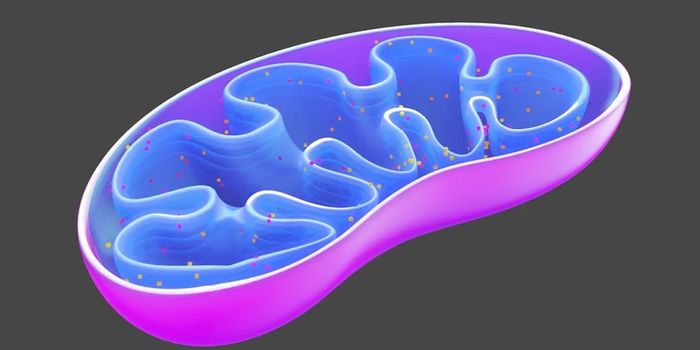ALS, Schizophrenia Found to Have Biological Link
Scientists have discovered that there are common features in the genetic origins of two seemingly unrelated diseases, Amyotrophic Lateral Sclerosis (ALS) and schizophrenia. That suggests the two disorders are linked by biological features and mechanisms. This research is summarized in the video below by Trinity College Dublin, and has been reported in Nature Communications.
Using a massive amount of genetic data from nearly 13,000 ALS patients and over 30,000 schizophrenia patients, scientists demonstrated that there are many genes that are associated with both disorders. The researchers, led by Trinity and working in collaboration with investigators from the University of Utrecht, Kings College London and members of the Project MinE and Psychiatric Genome Consortia, have found that there is a 14 percent overlap in genetic susceptibility to schizophrenia and ALS.
ALS, also called Motor Neuron Disease (MND) is a neurodegenerative condition that starts in adulthood, while schizophrenia is a neurological disorder that starts in development. Previous work has revealed that schizophrenia can overlap with other neuropsychiatric illnesses such as bipolar affective disorder and autism, but this is the first evidence that there is a shared genetic susceptibility between ALS and psychiatric disease.
"This study demonstrates the power of genetics in understanding the causes of diseases. While neurological and psychiatric conditions may have very different characteristics and clinical presentations, our work has shown that the biological pathways that lead to these diverse conditions have much in common,” commented lead author of the report Dr Russell McLaughlin, the Ussher Assistant Professor in Genome Analysis at Trinity College Dublin.
"Our work over the years has shown us that ALS/MND is a much more complex disease than we originally thought,” commented senior author and lead investigator Orla Hardiman, a Professor of Neurology in Trinity and Consultant Neurologist at the National Neuroscience Centre. “Our recent observations of links with psychiatric conditions in some families have made us think differently about how we should study ALS/MND. When combined with our clinical work and our studies using MRI and EEG, it becomes clear that ALS/MND is not just a disorder of individual nerve cells, but a disorder of the way these nerve cells talk to one another as part of a larger network. So instead of thinking of ALS/MND as a degeneration of one cell at a time, and looking for a 'magic bullet' treatment that works, we should think about ALS/MND in the same way that we think about schizophrenia, which is a problem of disruptions in connectivity between different regions of the brain, and we should look for drugs that help to stabilize the failing brain networks,” she continued.
"The other significant issue that this research brings up is that the divide between psychiatry and neurology is a false one. We need to recognize that brain disease has many different manifestations, and the best way to develop new treatments is to understand the biology of what is happening. This will have major implications for how we classify diseases going forward, and in turn how we train our future doctors in both psychiatry and neurology. That in itself will have knock on consequences for how society understands, approaches and treats people with psychiatric and neurological conditions," Professor Hardiman concluded.
Sources: AAAS/Eurekalert! via Trinity College Dublin, Nature Communications








